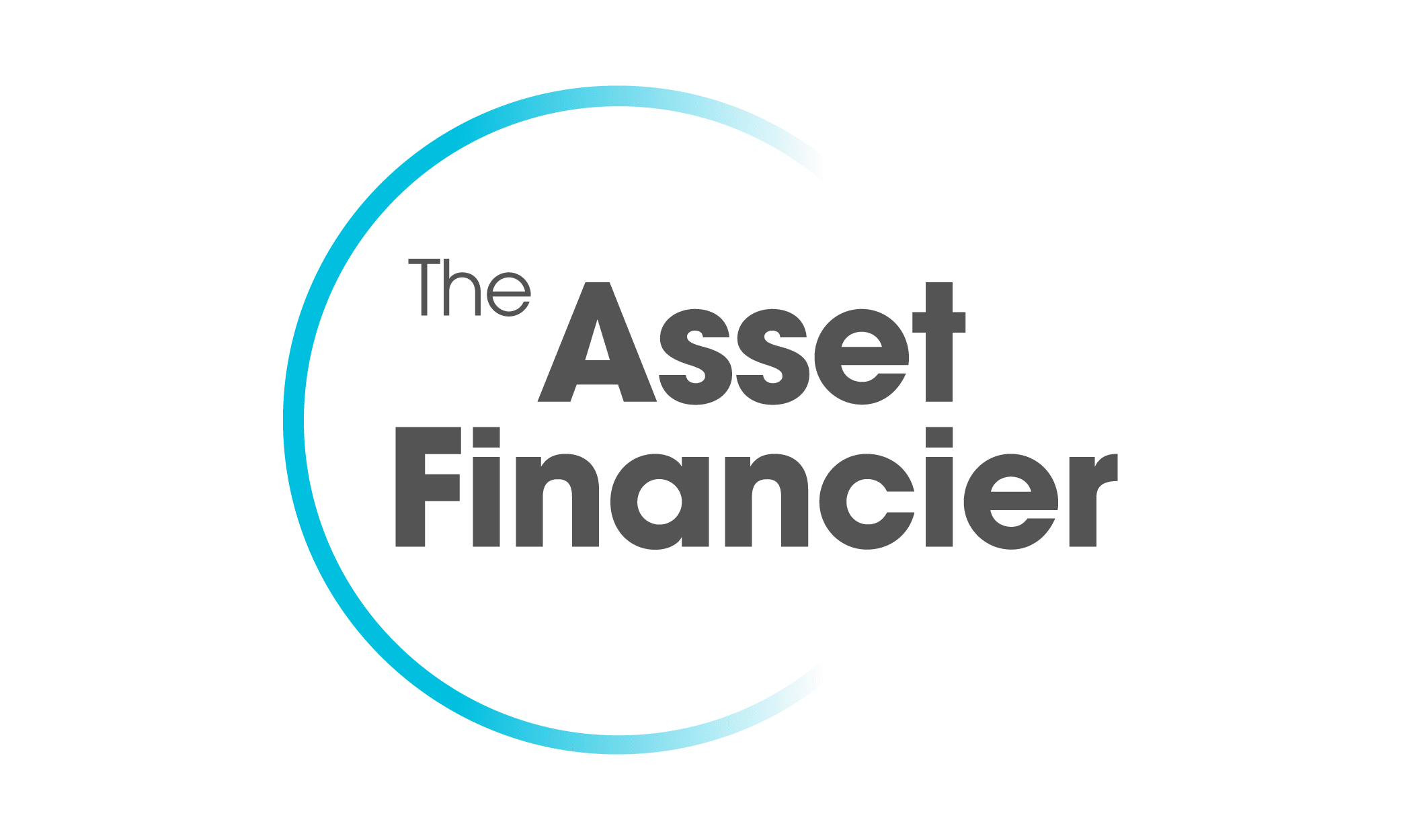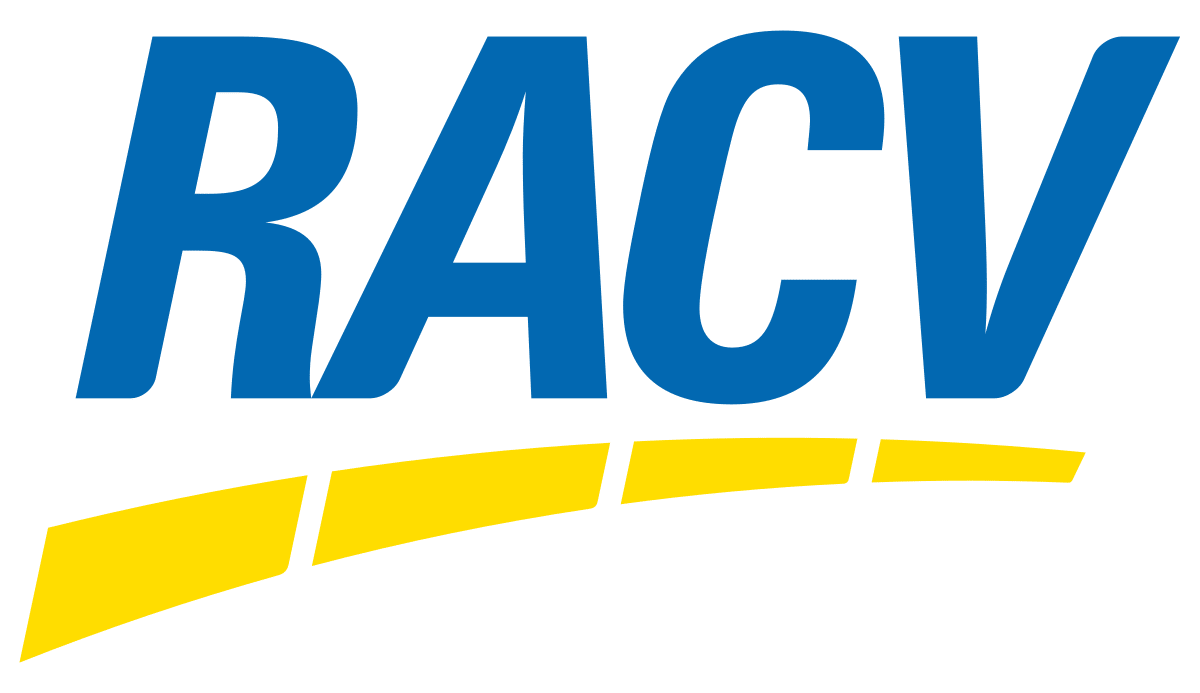What are car loans and how do they work?
A car loan is a product designed to help borrowers purchase a new or used vehicle. They’re typically repaid over a period of one to seven years, which you’ll often have a say in when you apply. A lender, after conducting responsible lending checks, will approve a loan if the applicant meets their eligibility criteria. This loan is then transferred directly to their dealer or seller. In return, the borrower must pay back their lender in set instalments with interest and fees.
My Table
Subtitle
| Vehicle | Model year | Price | Interest rate | Monthly repayment | Overall interest |
|---|---|---|---|---|---|
| MG ZS Excite 2WD | 2023 | $17,990 | 6.48% p.a. | $352 | $3,120 |
| MG ZS Excite 2WD | 2026 | $22,990 | 5.50% p.a. | $440 | $3,359 |
| Toyota Corolla Sedan ZR HEV | 2023 | $38,990 | 6.48% p.a. | $763 | $6,762 |
| Toyota Corolla Sedan ZR HEV | 2026 | $40,260 | 5.50% p.a. | $770 | $5,881 |
| Toyota RAV4 Edge AWD Hybrid | 2023 | $55,000 | 6.48% p.a. | $1,076 | $9,538 |
| Toyota RAV4 Edge AWD Hybrid | 2026 | $58,360 | 5.50% p.a. | $1,115 | $8,525 |
| Ford Ranger Raptor 3.0 4X4 | 2023.5 | $79,990 | 6.48% p.a. | $1,565 | $13,871 |
| Ford Ranger Raptor 3.0 4X4 | 2026 | $90,690 | 5.50% p.a. | $1,733 | $13,248 |
| Mercedes-Benz EQE 350 4MATIC Sedan | 2023 | $99,000 | 6.48% p.a. | $1,937 | $17,168 |
| Mercedes-Benz EQE 350 4MATIC Sedan | 8563214 | $155,800 | 5.50% p.a. | $2,959 | $250,000 |
Source info
Compare car loan interest rates
We've taken a snapshot of the 12 cheapest rates currently on offer in the Savvy database. Keep in mind that the interest rate you'll receive will vary depending on your credit score and other factors. The comparison rate shown is the true rate you'll pay, as it includes monthly and establishment fees charged by the lender.
As of August 2025, the cheapest car loan interest rates available through Savvy's partnered lenders are as follows:
[interest_rate_table_2]


Car loans typically come with fixed interest rates, making them better for budgeting into the future as you’re protected against rate rises across your term. However, some lenders may allow you to choose variable rates, which means you can benefit if rates fall but will have to pay more if they go up. Additionally, the rate you’re offered on your loan will depend on several different personal variables, such as:
- Your job and income stability
- Your credit score and history
- Your savings
- Your assets and liabilities
- The type of car you purchase and its condition
Types of car loans
Pros and cons of car loans
Pros
-
Immediate car ownership
As long as you're approved, a car loan can get you into a brand-new vehicle in as little as a few days. So, whether you’re upgrading or purchasing your first car, you can make it happen sooner.
-
Keep your savings intact
Instead of needing to take from your savings to pay for a car, you can finance the entire purchase price of the vehicle with your loan
-
Flexible loan options
You can take out a car loan for up to seven years in length. You also get to pick the repayment frequency, which allows you to tailor your instalments to fit your budget.
Cons
-
Interest repayments
Unfortunately, all loans attract interest. While it does make the upfront cost of the car far cheaper, you’ll pay more than the lifetime value of the car in the long run.
-
Affects your borrowing capacity
If you’re planning to take out another loan while you’re still paying off your car finance deal, your borrowing capacity will be reduced due to the increased debt-to-income ratio.
-
Vehicle eligibility
Cars that are approaching 15 years old by the end of the loan term may have a smaller pool of lenders willing to finance them. This could mean your only option with many lenders is an unsecured loan, which is usually more expensive.
Why apply for a car loan with Savvy?
Fast & easy application
Apply online and submit and sign all your documents digitally. We can assess your profile with a soft credit check, so your score isn't impacted.
Trusted since 2010
With 15+ years of experience and a 4.9-star customer service rating on Feefo, we've helped thousands of Aussies find their ideal car loan.
Unbeatable rates & choices
Access 40+ lending partners nationwide. We compare providers to find the most competitive interest rates tailored to your profile.
Cheap car loan rates
As of August 2025, the cheapest car loan rate on offer through Savvy is 5.96% p.a. (7.02% p.a. comparison) with Angle Auto. However, that rate is for new car loans only.
Rates are slightly higher for older vehicles. If you’re buying a used car, the lowest rate available through Savvy is 6.48% p.a. (7.74% p.a. comparison). Just over three quarters of all approved loans through us in 2024-25 (75.69%) were for used models from 2023 or earlier.
It isn’t just vehicle age that might affect your car loan rate, though. While the rates above are for property owners, the lowest available new car loan rate for renters is 6.48% p.a. (7.74% p.a. comparison). More than two thirds of all approved car loans through Savvy in 2024-25 (67.8%) were for renters and boarders.
Some of the other key variables that can impact your interest rate are:
- Fixed vs variable: as mentioned, fixed rates are far and away the most common on car loans. However, opting for a variable rate could mean you’re paying more now but less in the long run if rates continue to fall.
- Your employment: applicants who have a consistent employment history and receive a stable income will often receive lower rates than those with frequent job changes or inconsistent hours.
- Your credit score: this is probably the number one factor when it comes to setting your interest rate. If you’ve had credit issues that are still listed on your file, your interest rate is likely to be much higher. The average credit score of customers who took out a new car loan through Savvy was 769 in the last year.
- Your current debt-to-income ratio: if lenders feel that the debt you’re currently paying off is too great a percentage of your total pay, your rate will be increased or your application will be rejected.

Getting the best car loan deal
"Many people focus on getting the lowest interest rate, but that’s only half the story. A loan with fewer fees, flexible repayment options or no early exit penalties can often save you more in the long run. Don’t just ask ‘what’s the rate?’; find out what the total cost of the car loan will be over its life."

What will your car loan repayments look like?
There’s a number of factors that impact the cost of your car loan repayments, none more so than the car itself. The biggest factor is usually between a new and used vehicle. When you think of a car loan, you might automatically assume a new vehicle, but nearly 66% of cars sold in Australia last year were used.
We’ve put together a cost comparison for the top of the line models for the most popular ute, SUV, sedan and hatchbacks in Australia (based on VFACTS data), both new and used, to show how they differ in total cost over a five-year loan term:
Most popular cars in Australia and what they'll cost you
DMG ZS Excite 2WD

| Year | Price | Interest rate | Monthly repayment | Overall interest |
|---|---|---|---|---|
| 2023 | $17,990 | 6.48% p.a. | $352 | $3,120 |
| 2026 | $22,990 | 5.50% p.a. | $440 | $3,359 |
|
2023 2026 |
|
$17,990 $22,990 |
|
6.48% p.a. 5.50% p.a. |
|
$352 $440 |
|
$3,120 $3,359 |
Toyota Corolla Sedan ZR HEV

| Year | Price | Interest rate | Monthly repayment | Overall interest |
|---|---|---|---|---|
| 2023 | $38,990 | 6.48% p.a. | $763 | $6,762 |
| 2026 | $40,260 | 5.50% p.a. | $770 | $5,881 |
|
2023 2026 |
|
$38,990 $40,260 |
|
6.48% p.a. 5.50% p.a. |
|
$763 $770 |
|
$6,762 $5,881 |
As you can see here, the cheapest finance option isn’t always necessarily the used car. It often depends on the interest rate you’re offered on your car loan. The average car loan in Australia is $36,000, over a 5 year term, that makes the average monthly repayment $759 a month. That’s in line with the monthly repayments of a 2026 top of the line Toyota Corolla sedan as shown above.
Another factor to consider is a balloon payment, which decreases your monthly car loan repayments but increases your overall interest. You can see this in action in the table below:
Most popular cars in Australia balloon vs no balloon
MG ZS Excite 2WD
$22,990

| Balloon payment | Monthly repayment | Overall interestss |
|---|---|---|
| 0% | $440 | $3,359 |
| 30% ($6,897) | $339 | $4,247 |
|
0% 30% ($6,897) |
|
$440 $339 |
|
$3,359 $4,247 |
Toyota Corolla Sedan ZR HEV
$40,260

| Balloon payment | Monthly repayment | Overall interestss |
|---|---|---|
| 0% | $770 | $5,881 |
| 30% ($12,078) | $607 | $8,257 |
|
0% 30% ($12,078) |
|
$770 $607 |
|
$5,881 $8,257 |
Calculations are for illustrative purposes only and do not include other car-buying costs. Model costs obtained through carsguide.com.au. Used car costs are examples based on listings obtained from carsales.com.au from August 2025. All figures are rounded up to the nearest dollar. Interest rates are reflective of the minimum available rate for each car age as of August 2025. The rate you receive on your car loan may be different to the rates listed above.
How much could you borrow for a car loan?
Just because you need a new car doesn’t mean the bank will automatically hand out the money. Your individual borrowing power determines the size of loan you can be approved for. It must be manageable for you to pay off in weekly, fortnightly or monthly instalments.
Lenders will base your borrowing power on things like your income, employment, outstanding debts, credit history and the number of dependants you have. The following tables show how some of these variables can impact how much you can borrow:
Co-applicant borrowing capacity
| Income | 0 dependants | 1 dependants | 2 dependants |
|---|---|---|---|
| $80,000 | $26,782 | N/A | N/A |
| $90,000 | $63,918 | $37,563 | $19,120 |
| $100,000 | $101,053 | $74,698 | $56,255 |
| $110,000 | $114,590 | $99,476 | $81,245 |
| $120,000 | $150,000 | $125,143 | $106,912 |
| $130,000 | $150,000 | $150,000 | $138,374 |
| $140,000 | $150,000 | $150,000 | $150,000 |
| Note: rates are calculated based on a $30,000, five-year car loan for a new vehicle bought by an asset-backed applicant. | |||
Some things can impact your borrowing power without you even realising it. Credit cards and HELP debts are two common ones. Even if you have no credit card debt, your card’s limit will eat into your borrowing capacity. If we took the scenario above for the two co-borrowers with a combined income of $100,000 and 1 dependant but added a credit card with a $10,000 limit, their borrowing capacity would drop from $74,698 to $53,552.
Single applicant borrowing capacity
| Income | 0 dependants | 1 dependants | 2 dependants |
|---|---|---|---|
| $60,000 | $18,855 | N/A | N/A |
| $70,000 | $35,919 | $16,061 | N/A |
| $80,000 | $64,646 | $35,019 | N/A |
| $90,000 | $101,782 | $72,155 | $41,149 |
| $100,000 | $138,917 | $109,290 | $78,284 |
| $110,000 | $150,000 | $122,830 | $91,783 |
| $120,000 | $150,000 | $150,000 | $128,918 |
| Note: rates are calculated based on a $30,000, five-year car loan for a new vehicle bought by an asset-backed applicant. | |||

Budgeting for your car loan
"Once you add your partner into the mix, your borrowing capacity becomes less straightforward if their name isn’t going on the loan. Even if you’re living in a sharehouse where not everyone’s names are on the lease, a lender can wipe thousands off your borrowing capacity. Checking what you can comfortably afford before applying (especially with a dealership or lender) allows you to find a car in your budget and avoid being rejected."

How to apply for your car loan with Savvy
-
Fill out our simple online application form
Start your application by telling us about yourself and the car and loan you’re after. This will include information about your income, employment and credit score. It helps us find the best available loan for you.
-
Supply any required documents
After you complete your application, we may request further documentation to verify details such as your employment and income. These can be submitted online via our portal.
-
Discuss your options with us
Once we have all the information we need, we’ll compare the offers available to you from our lending panel. Your consultant will reach out to you and talk you through your car finance options and process to get the all-clear.
-
Find your ideal car
If you haven’t already decided on (or found) your ideal car, our in-house car broker team, Vehicles Direct, can search our national network of dealerships to find the best available model for you.
-
Have your application prepared and approved
Once we have all the info we need, your consultant will get to work preparing your application for submission. You can receive formal approval as soon as one business day after it’s submitted.
-
Sign on the dotted line
We’ll send through your final loan documents and other forms to sign electronically. Once settlement is complete (which we’ll also handle for you), you’ll be the proud owner of your new or used car!






























